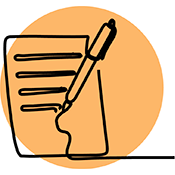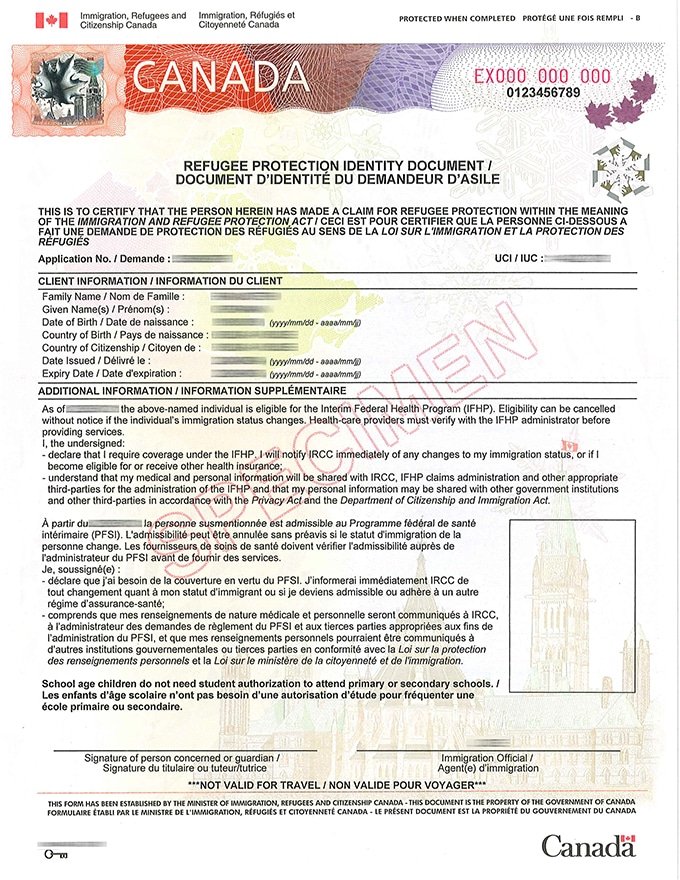
This site provides general legal information. This is not legal advice. The law that applies to people arriving at the Canada-United States border is complex. Every situation is different. We encourage you to seek legal advice. You can start by booking a free consultation with our staff lawyer to get legal advice about your situation.
Common Questions
Who will I talk to at the Canadian border?
The Canada Border Services Agency (CBSA) officials will interview you to decide if you can make a refugee claim in Canada.
What will happen when I approach the Canadian border?
When you arrive at the border, the Canada Border Services Agency (CBSA) will decide if you can make a refugee claim. This process is called an eligibility interview. Learn what eligibility means.
If the officer decides that you are eligible, they will:
- Take your fingerprints
- Take your photo for your Refugee Protection Claimant Document (RPCD)
- Ask you for more information about your personal history
- Give you a folder called a “claimant’s kit” with instructions
Contact us for legal information about what happens during an eligibility interview.
I was found eligible to have my refugee claim referred to the Immigration and Refugee Board. What do I need to do next?
It is very important that you read the instructions in the claimant’s kit that Canada Border Services Agency (CBSA) gives you. The process and time limits can be different depending on where you enter Canada, how busy the CBSA office is that day and your situation. Your process might be different from other people’s experience.
Read the instructions you get from CBSA to see if you need to:
- Fill out the information on the IRCC online portal. This portal is a very important part of your refugee case. You should hire a lawyer to help you fill it out
- Return to another appointment with CBSA or IRCC to finish your eligibility interview
If you are found eligible to have your refugee claim heard, it will be referred to the Immigration and Refugee Board (IRB) for a hearing and decision. You must meet important deadlines. Find out more about the refugee process in Canada.
Our clinic does not provide legal services or referrals for people going through the Canadian refugee process after they have left the border. There are organizations across Canada that help refugee claimants with settlement needs as well. Find an organization in your region.
What documents will I receive at the border?
If you are found eligible, you should receive:
- A Refugee Protection Identity Document
- This is your official ID, sometimes called a “brown paper”
- Use this document to access health care through the Interim Federal Health Program (IFHP)
- A Confirmation of Referral letter: this shows that your claim was referred to the Immigration and Refugee Board (IRB)
- Instructions to fill out and submit the Basis of Claim Form (BOC Form)
- Instructions to complete your medical exam
- A form to use to update your address
- A Claimant’s Guide
This is what a Refugee Protection Identity Document (RPID) looks like:

If you are asked to return to continue your eligibility interview at a later date, you will get a letter called an Acknowledgement of Claim. This letter will also give you access to health care. This is what it looks like:

Our clinic does not provide legal services or referrals for people going through the Canadian refugee process after they have left the border. If you need help understanding your documents, there are organizations across Canada that help refugee claimants. Find an organization in your region.
I was found ineligible to make a refugee claim, but I was told I could do a PRRA. What documents will I get?
If the Canada Border Services Agency (CBSA) officer decides your refugee claim is not eligible, but you CAN apply for a Pre-Removal Risk Assessment (PRRA), you will receive the same Refugee Protection Identity Document as refugee claimants. This document will not say that you are PRRA eligible. But it will confirm your access to federal health coverage.
In some circumstances, you will be allowed to enter Canada, but because you are from a country that Canada is not removing people to, you will not be invited to make a PRRA. This is because you can’t be removed at this time. You are not “pre-removal”. See the list of countries on the CBSA website.
Our clinic does not provide legal services or referrals for people going through the Canadian refugee process after they have left the border. If you need help understanding your documents, there are organizations across Canada that help refugee claimants. Find an organization in your region.
Can I get help with my refugee process in Canada?
There are organizations all across Canada that help refugee claimants and PRRA applicants. Find an organization in your region.
It is important to hire an experienced lawyer to help you with your refugee claim. You might be eligible for legal aid to pay for a lawyer’s services. Contact the provincial legal aid agency in your region to find out what is available, if you are eligible and how to apply for help.
Our clinic does not provide legal services or referrals for people going through the Canadian refugee process after they have left the border. If you need help understanding your documents, there are organizations across Canada that help refugee claimants. Find an organization in your region.

